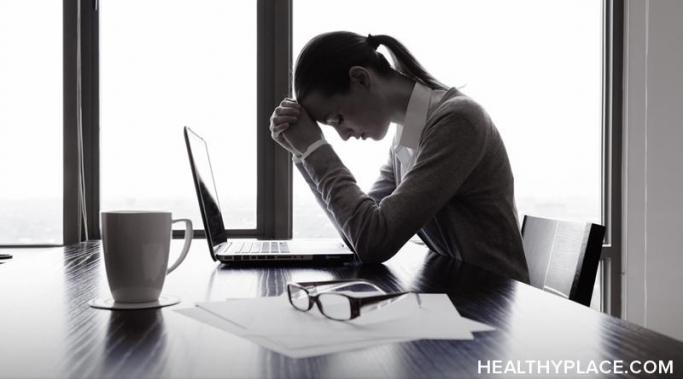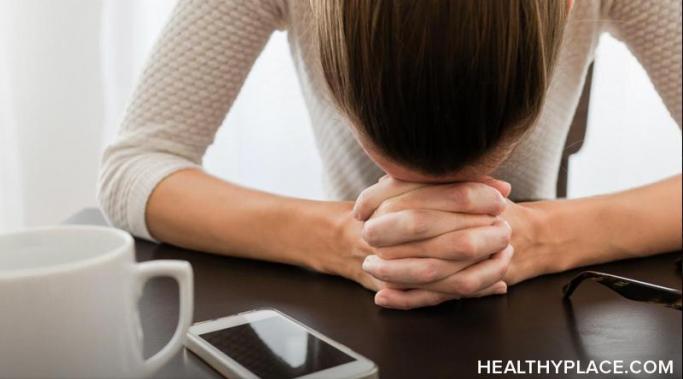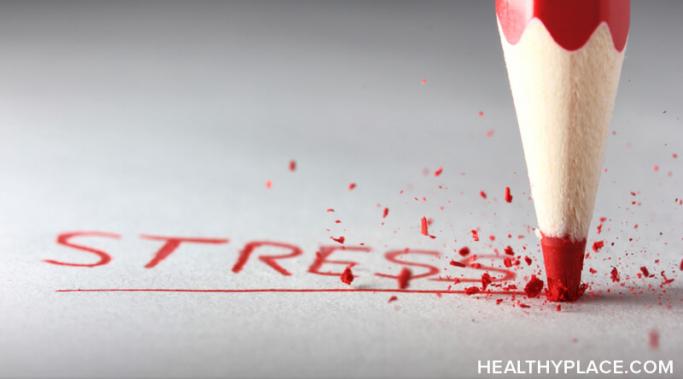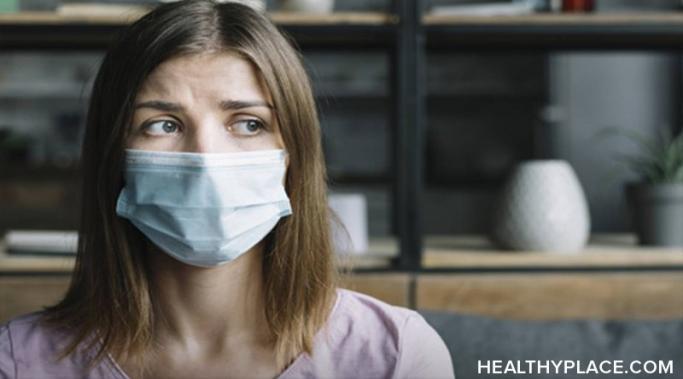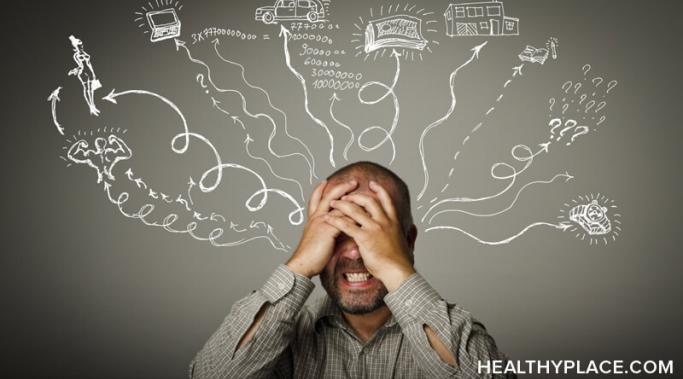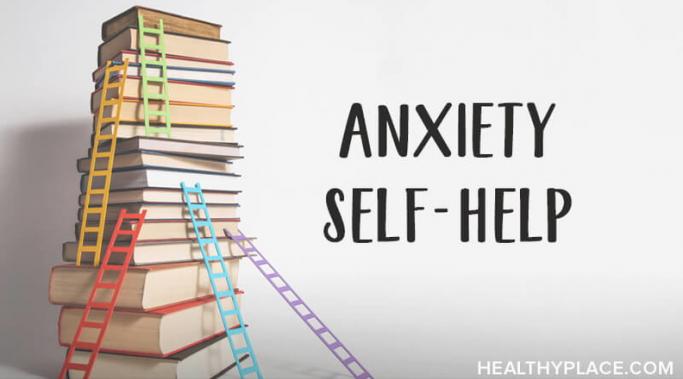I've been thinking a lot the past few weeks about how to cultivate anxiety tolerance. With the beginning of my Ph.D. program on the horizon, I've been grappling with questions about how I'll handle a range of situations. I am worried about moving, succeeding in the program, making friends, and a random assortment of other questions that seem to pop up unasked throughout the day.
Anxiety Symptoms – Treating Anxiety
In my life, I have become accustomed to experiencing anxiety. Depending on my current life situation and the experiences I'm going through, it might be worse, or it might be better.
Losing my ability to focus is a symptom of anxiety that I often experience. Anxiety is a physical response to a stressful situation, and when we experience anxiety, we experience an increase in stress hormones which makes it more difficult to concentrate.
Anxiety feels like different things to different people. I think it is important to talk about anxiety because, even in this day and age where there is more information about mental health out there and it has become the topic of broader conversations, it seems that there is often still a stigma attached. One of the things I have been very passionate about has been talking about what anxiety feels like to me and sharing what I go through, in the hopes that others can relate and can find comfort in knowing that they are not alone.
One of the symptoms of anxiety that I have experienced throughout my life is difficulty sleeping. During particularly stressful times in my life, I found that difficulty sleeping has been one of the most challenging anxiety symptoms for me to deal with. On the nights that I have a hard time sleeping, I end up falling asleep much later than I intended, and then I do not end up getting a restful night's sleep.
Journaling for my anxiety is one technique that I have used in my life to help me cope with stress and anxious thoughts, and lately, it has become even more helpful.
Self-care for anxious times, such as the changes occurring due to the coronavirus, is so important. Not long ago, I wrote about experiencing anxiety when experiencing change. The current state of affairs in our world due to COVID-19 has been a major change in everyone's lives, and thus, due to these changes and the accompanying uncertainty, has truly impacted my anxiety.
How is perfectionism related to anxiety? If you cope with chronic anxiety, do you find that you often have fears of failure and inadequacy? Do you find that you often feel as though what you do is not good enough and that you are constantly trying to live up to certain standards?
Have you found that you have often lost sleep due to worry and anxiety?
Challenging anxious thoughts is more difficult when we have a strong gut reaction – the sensation that something is wrong and that we need to act to stop it. When there is no concrete threat, our minds tend to conjure myriad potential threats, generating frightening thoughts that feel indisputably true. However, these anxious thoughts are rarely accurate and lead us down a rabbit hole of anxious thinking that is hard to interrupt. I’ve found from my own experiences with anxiety that just challenging the accuracy of my thoughts isn’t effective because they still feel accurate to me. Instead, I use an approach that challenges the validity of my anxious thoughts and improves my emotional state. Here’s one process for challenging anxious thoughts I’ve learned for working through them effectively.


